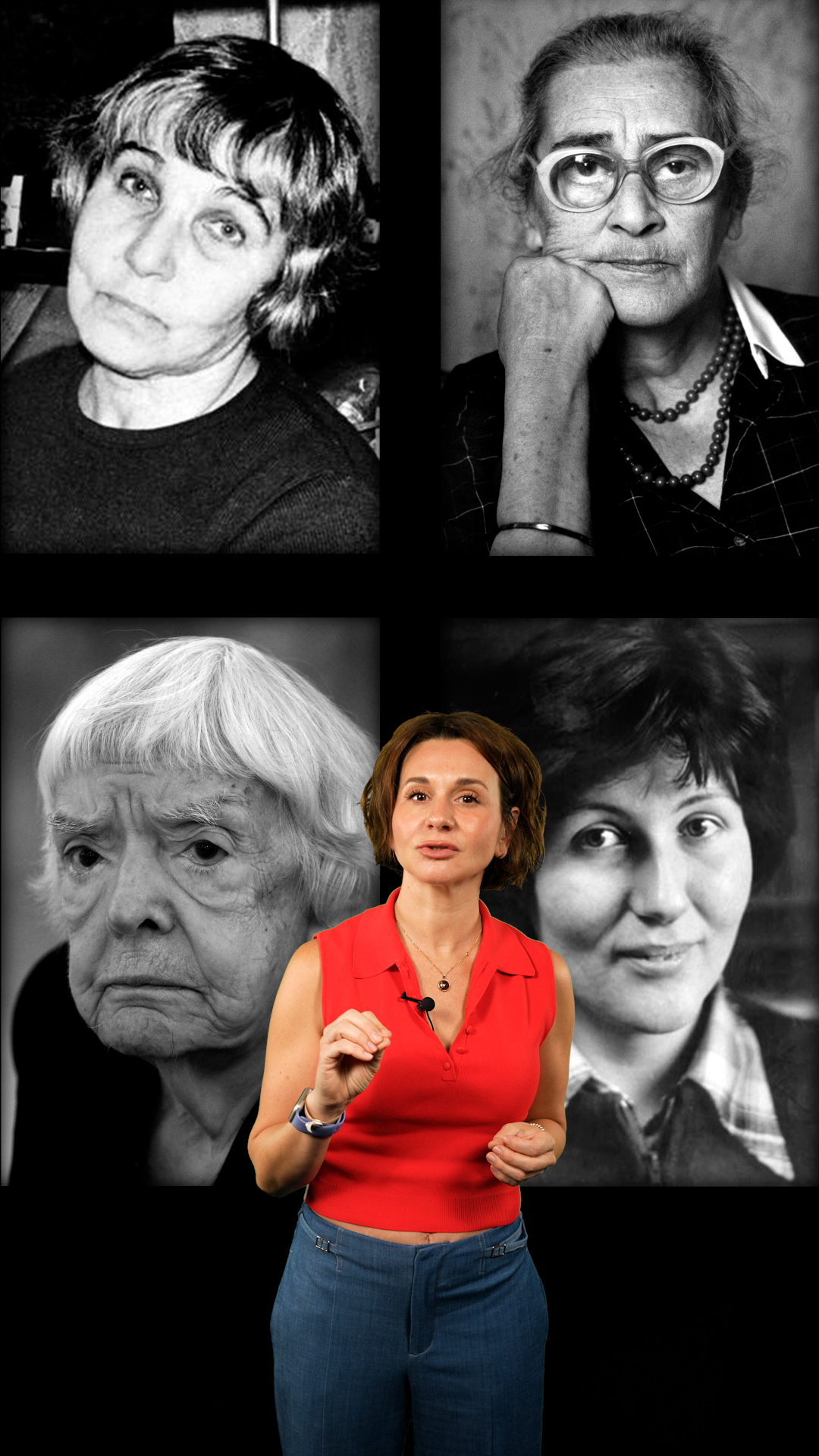
Study finds 50 cases of shaken-baby syndrome

Fifty babies in Switzerland were registered between 2002 and 2007 as having suffered brain damage as a result of being shaken by parents or carers.
The figures, resulting from monitoring over the five-year period, show that three-quarters of those responsible are men.
Parents or babysitters risk losing control when a baby simply will not stop crying and resort to shaking the baby to make him or her stop.
This can lead to permanent neurological damage or even to death, since babies’ neck muscles are not sufficiently developed to cope with such shaking. They can barely stabilise their heads, so the brain repeatedly slams against the skull, often causing internal bleeding.
During the monitoring experiment into traumas involving shaking, Swiss clinics registered 50 babies, of whom eight died.
“These figures confirm to a large extent studies carried out abroad,” said paediatrician Ulrich Lips, who together with colleagues and the Swiss government has been investigating systematic brain damage in small children since 2002.
“The frequency of 14 victims of shaking per 100,000 births corresponds with the average in other west European countries,” he said, but added that this was no reason not to do more to prevent the injuries.
Three-quarters of those shaking babies are men, according to foreign studies. Lips adds that they come “from all social strata”.
Anyone can lose their temper, he points out, it doesn’t matter what their social, educational or income levels are. Lips adds that only a third of those responsible admit seriously shaking their baby when they bring the victim to hospital.
Legal consequences
The study shows that most cases were reported in the populated cantons of Zurich and Vaud – 19 and eight respectively.
Thirteen cantons, mostly rural and sparsely populated, did not report a single case, although Lips says this proves that education and prevention need to be enforced further. “I think it is unlikely that not one incident occurred in these 13 cantons over five years.”
For this reason Lips advocates the study be repeated in five years.
He adds that although the medical care of babies is roughly the same in all the individual countries, the legal consequences vary.
“In countries such as Switzerland doctors can report child abuse, but there is no obligation. In many countries there is an obligation to report such cases, but this has completely different legal consequences,” he said.
Regarding prevention, Switzerland and other countries have looked towards the United States for what to do, according to Lips.
“There has been a corresponding range of measures in the US for years,” he said. These include ‘don’t shake your baby’ posters, websites and DVDs.
“We’re currently distributing around Switzerland a flyer on prevention which we adopted from colleagues in Britain.”
Rather than being a pioneering country in this area, he says, Switzerland makes use of what already exists abroad.
swissinfo, Alexander Künzle and agencies
In the 5-year period until 2007, 53 babies aged around 7 months were registered as suspected victims of severe shaking.
Of these, 50 were shown to be cases of shaken baby syndrome.
14 suffered a slight disability.
14 subsequently recovered and are considered healthy.
10 will be severely disabled for life.
8 babies died of their injuries.

In compliance with the JTI standards
More: SWI swissinfo.ch certified by the Journalism Trust Initiative







































You can find an overview of ongoing debates with our journalists here . Please join us!
If you want to start a conversation about a topic raised in this article or want to report factual errors, email us at english@swissinfo.ch.